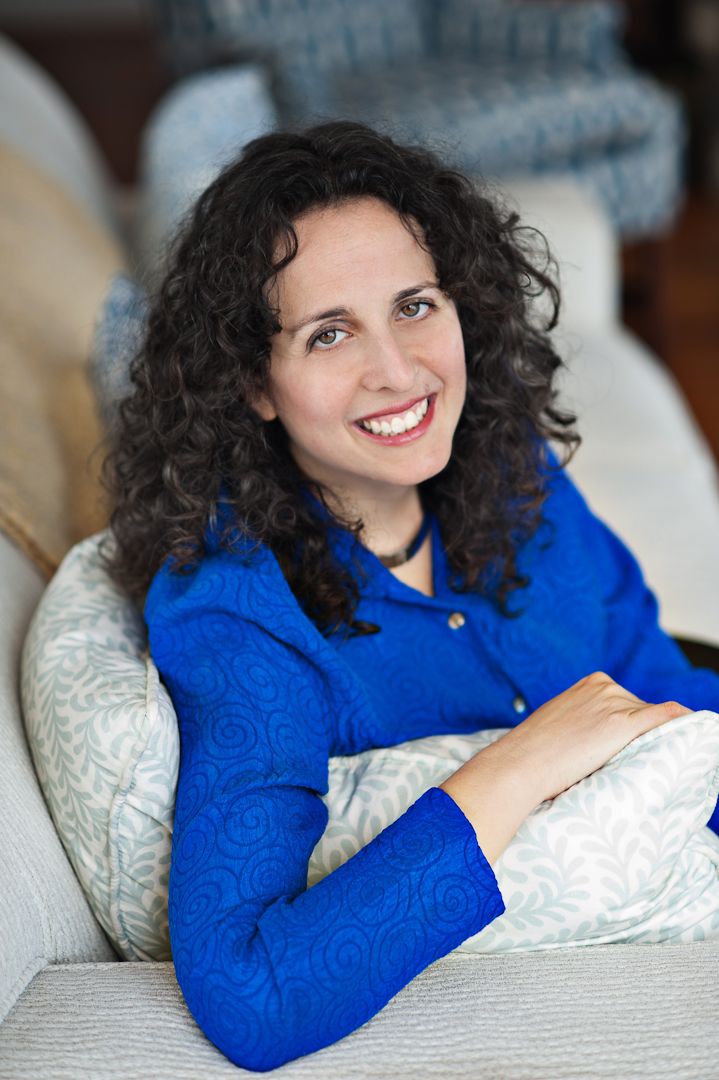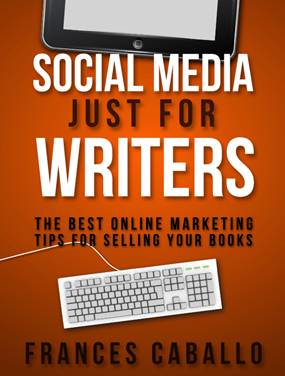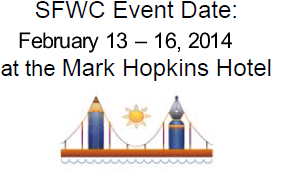
I recently received an e-mail that began, “I have worked so tenaciously to find the right traditional book publisher to publish my memoir…”
The author was starting to give up, lamenting that if she were rich and famous her book would be published. “There is no support for first time authors.”
I waited to respond to the author because the whole dis-empowered tone of it irritated me. I knew I shouldn’t answer an e-mail in that state. So, let’s look at this as an opportunity:
Here’s the truth. Publishers do publish first time authors–their memoirs, how-to books and even novels! They’re on the hunt for the next huge hit–and it’s likely not a celebrity memoir. So, that’s good news for her–and for you, whether you are writing a memoir or self-help book or other nonfiction: You can get published.
If your book is fresh, if the writing is outstanding and your book will likely speak to a large– or strong niche–audience, publishers are interested. But imagine yourself as an acquisitions editor for a moment. Perhaps ten or twenty years ago when you first started, you took several chances on authors who didn’t have a following. Maybe some really followed through with their marketing plans. Likely some did not.
In this market, publishers can’t afford to take such risks. They’re publishing fewer books. They need to know that there’s an audience out there already waiting to buy your book. That audience is your tribe and maybe they read your blog or come to your workshops or they follow you on twitter. They will buy your book. And if you don’t have a following like that, then why not start now? Otherwise, how will you reach people to buy your book anyway?
Now, if you were a publisher and someone came to you and said, “I have this great book; you should publish it, but I don’t have any following or platform,” don’t you think you might ask, “Why not?”
Interestingly, this author did not want to self-publish. Again, “Why not?” If she doesn’t believe enough in her book to publish it herself, why would a publishing company?
The internet offers zillions (count them) of ways to connect with the people you want to reach through your book and start to impact their lives now–before your book is ever published–maybe even before it’s fully written. If your writing resonates for these readers, they’ll likely recommend your book, review it, some will even give it as gifts–and you’ll reach more people, make more of an impact.
What this e-mail writer saw as a dead end was really a huge opportunity–to understand that no one is going to invest in her dream if she’s not invested–and part of that investment is developing a community, a tribe, connecting with people who resonate with her message.
So, how you can you get started? Here are 3 ideas to start developing your author platform and 3 ideas to educate yourself about your publishing options so you can get published:
 1. Read this just posted interview on Social Media for Writers with Frances Caballo, author of Social Media Just for Writers and Avoid Social Media Time Suck. You’ll learn some ways to use social media to connect with your budding (or new) tribe of fans and colleagues.
1. Read this just posted interview on Social Media for Writers with Frances Caballo, author of Social Media Just for Writers and Avoid Social Media Time Suck. You’ll learn some ways to use social media to connect with your budding (or new) tribe of fans and colleagues.
2. Consider blogging to develop a fan base. For now, just start brainstorming what you might write about and a theme for your blog. How might it resonate with the subject of your book.
3. Can you teach a workshop, webinar or teleseminar on your subject? Begin to jot down ideas of how you might take material from your book and teach it to others.
 4. If you really want to learn how the publishing industry works so you can get published, join me at the San Francisco Writers Conference mid-month where you can learn all about developing that following–or author platform–to empower you so you can become a published author and not an e-mail writer who laments that the cards are stacked against her! You can also meet acquisitions editors (publishers) and literary agents and ask them directly what they’re looking for in your book proposal and pitch. And if you have a blind spot about writing and publishing (as this writer did), you will have the opportunity to see the light!
4. If you really want to learn how the publishing industry works so you can get published, join me at the San Francisco Writers Conference mid-month where you can learn all about developing that following–or author platform–to empower you so you can become a published author and not an e-mail writer who laments that the cards are stacked against her! You can also meet acquisitions editors (publishers) and literary agents and ask them directly what they’re looking for in your book proposal and pitch. And if you have a blind spot about writing and publishing (as this writer did), you will have the opportunity to see the light!
5. If late March suits you better and you happen to be writing a health or well-being related book, consider joining me at Harvard Medical School’s CME publishing course. March 31-April 2. You’ll also have the opportunity to meet and get feedback from acquisitions editors (publishers) and literary agents, as well as attend classes on how to write a book proposal, get published and other relevant subjects.
6. If you want to get the low-down on how to write a book proposal to get published, join me and Julia McCutchen, founder of the International Association of Conscious and Creative Writers (IACCW), when she interviews me on How to Write a Book Proposal –a topic that Julia also has much experience to contribute to. And this Friday, you can catch Julia interviewing Michelle Pilley, managing director and publisher of Hay House UK who will speak about the Inside Story of Independent Publishing (same link as above).
So, no excuses. The publishing industry is not conspiring against you–I promise. In fact, it’s offering you more paths to success than ever. All you need to do is explore, evaluate and take strategic, inspired action.



Honest yet uplifting post, as always. Thank you for the mention of the books on the subject of social media, really a key factor for modern writers. Best to you at the conference(s)
They’re great books, Evelyne. I’ve been enjoying them and realizing some things I can do better (more efficiently, effectively and fun!). I plan to get signed copies at the San Francisco Writers Conference next week!
I agree there are many opportunities. Here’s what I’ve been wondering. If publishers don’t want to touch an author without an existing platform, why would an author with a decent platform want to work with a publisher? It seems that the platform is everything, assuming one can write a decent book.
A great question, Tom. First, it’s not that simple that no publisher would ever touch an author without a platform–it’s just increasingly unusual for the reasons I stated. So, what’s a publisher bring to the table? For one, increased cache and credibility. In a world with so many books out there, being published by a HarperCollins or Random House means that professionals have vetted and polished your book–so there’s a presumption of a certain level of quality and value.–which is appealing to many readers. Two, that same cache gets the attention of media folks and makes it easier to get TV and radio interviews, though plenty of self-published authors get excellent publicity too. It’s just easier with a publisher. Three, publishers do distribute books and get them in bookstores, something hard to do if you are self-published, so there is value there. Finally, and perhaps most importantly, a traditional publisher is going to decades of experience to every aspect of your book. Often, that can result in a higher quality book–from the book’s features, to final editing, to a compelling cover and title, to the inner layout. Most self-publishing companies don’t do a good job of some or all of these aspects, so you’ll need to find top-notch freelancers if you want a truly high quality book. Having said that, there are many excellent reasons to self publish. Just be sure to be savvy about hiring experts if you want a high quality book that looks professional.
Really insightful post and useful pointers for those looking to start their own writing journey. The San Francisco Writers Conference sounds great, shame it’s not in the UK… 🙂
What many first-time authors don’t realize is that first and foremost they need to be able to market their themselves as authors, whether they self-publish or are traditionally published. I can’t stress enough the importance of establishing a marketing platform- even before your book is finished. Authors need to engage with their potential readers early on so that when their book is complete they have a built-in audience of readers. Building an audience is a multi-thronged approach and includes: the development of a website, a blog (and don’t forget to post regularly), newsletters, speaking engagements, creating a Facebook page(s) for author/book, using LinkedIn and Twitter to further promote yourself and doing whatever else you can to get your name out there. Be creative, but be consistent. Know your audience and continually seek out new ways to reach them.
Great points. I suggest that authors assess: 1. Where their audience “hangs out” online and offline and 2. What activities they as an author are skilled at, excited about doing, or can they see themselves stretching in a good way. That will help focus any work on establishing platform and reaching readers.
These are amazing ideas to get a great author platform. I’m just starting to build mine and I’m having a hard time finding more than just friends and family, but I’m slowly but surely working up the ladder.
Hi Justin, You have to start somewhere–it will build over time. Maybe commit to doing one thing a day. Are you blogging yet?
Hi Lisa, I published my book on Kindle and on Create Space I also made a 3 min video trailer athttp://www.youtube.com/watch?v=EAhte2ppF1w
I would like to know what other possibilities I have to promote, beside Facebook, twitter, linkdlin etc. and how do I get a good publisher interested.
Thank you
Rosanna.com
Hi Rosanna, Sorry, I just realized I had not answered. Traditional publishers will start to grow interested based on book sales. For most nonfiction, the target number is to sell around 15,000 books, though it does depend on genre, so that’s a generalization. There are infinite ways to market a book. I would suggest you look at the activities you enjoy: writing (then blog), speaking (then speak), teaching? (then teach seminars or webinars). Go with your strengths and find activities that can generate income when possible.
Good luck.